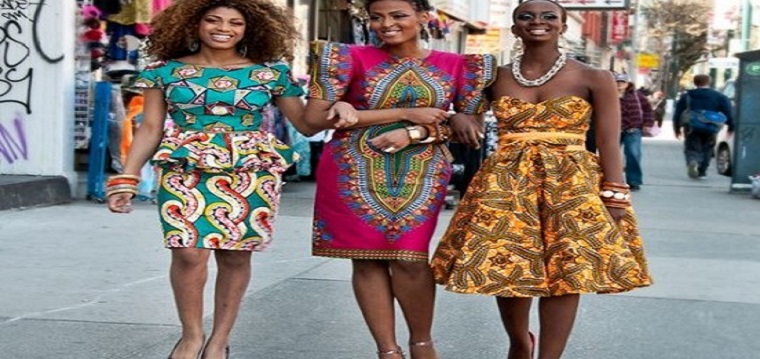Nigerians spent $1.82 billion on clothing in 2020 as fashion overtakes travel in e-commerce revenue
Nigerians spent as much as $1.82 billion buying fashion items online in 2020. Consumers in the country spent more on clothing than any other e-commerce category last year, according to a PayU report.
Fashion overtook travel and mobility to lead consumer spending over the year. Other online purchase spending categories include electronics, video games, groceries, and digital music.
In 2020, Nigerians spent a total of US$8.06 billion on e-commerce products, a US$480 million increase of 6% from US$7.58 billion in 2019.
More fashion, less travel
Revenue from the fashion sector slightly outpaced travel last year, accounting for 22.6% of the total $8.06 billion Nigerians spent on e-commerce websites. Covid-19 lockdowns and curfews have resulted in many more people being forced to shop online, leading to increased e-commerce spending among consumers.
Nigerians spent US$1.82 billion on online fashion products in 2020, up 44% from US$1.25 billion in 2019.
Just behind Fashion, Travel garnered the second-highest spend at $1.79 billion and contributed 22.2% of total e-commerce sales. The travel sector saw the highest spending in 2019 ($3.13 billion), but the sector suffered from Covid-19 mobility restrictions and travel bans, which reduced revenues by 42.9% to $1.7 billion in 2020 broke in.
As part of the broader e-commerce industry, the travel and hospitality sector encompasses all payments made on online flight booking and hotel reservation platforms such as Travelstart, Wakanow and Hotels.ng.
Electronic devices ($1.34 billion) and video games ($1.21 billion) were the only other two item categories to record consumer spending up to $1 billion in 2020. With more people being at home for longer periods of time, there has been a higher demand for devices, including laptops, phones and PlayStation, to facilitate remote work, learning and entertainment.
Read: “People are spending more on convenient devices to work from home” – Morgan Mierke, Head of Logitech W/Africa
Similarly, consumer spending on groceries and personal care also increased to $484.3 million, up 59.6% from $303.4 million in 2019.
Nigeria leads Africa in e-commerce
Nigeria remains Africa’s largest e-commerce market with 76.7 million online shoppers, followed by South Africa’s 22 million and Kenya’s 13 million.

There are more opportunities than ever before for online and omnichannel retailers across Africa. This is especially true for fashion, beauty, electronics, and digital goods retailers.
Nigeria’s 50% adult population of 107 million has played a key role in boosting e-commerce spending in the country. Nigeria’s population aged 15-54 dwarfs South Africa’s 32 million and Kenya’s 28 million. Therefore, as expected, the number of online buyers is much higher.
However, it’s not as if Nigerians spend more than their African neighbors. For example, South Africa spent over $3 billion on e-commerce platforms in 2020, with an average of $136.4 per shopper. This is higher than Nigeria’s average of $105.1 spent by each consumer.
For comparison, South Africans and Kenyans have greater purchasing power due to higher minimum wages of $205.9 and $193.54 respectively.
Fashion was the top consumer spending sector in Nigeria, Kenya and South Africa in 2020, and PayU expects consumer spending on apparel to reach $2.27 billion, $1.48 billion and $1.48 billion, respectively, in each of these markets by the end of 2021 could reach $504 million.
Highlighted image credit: Jumia food


Comments are closed.